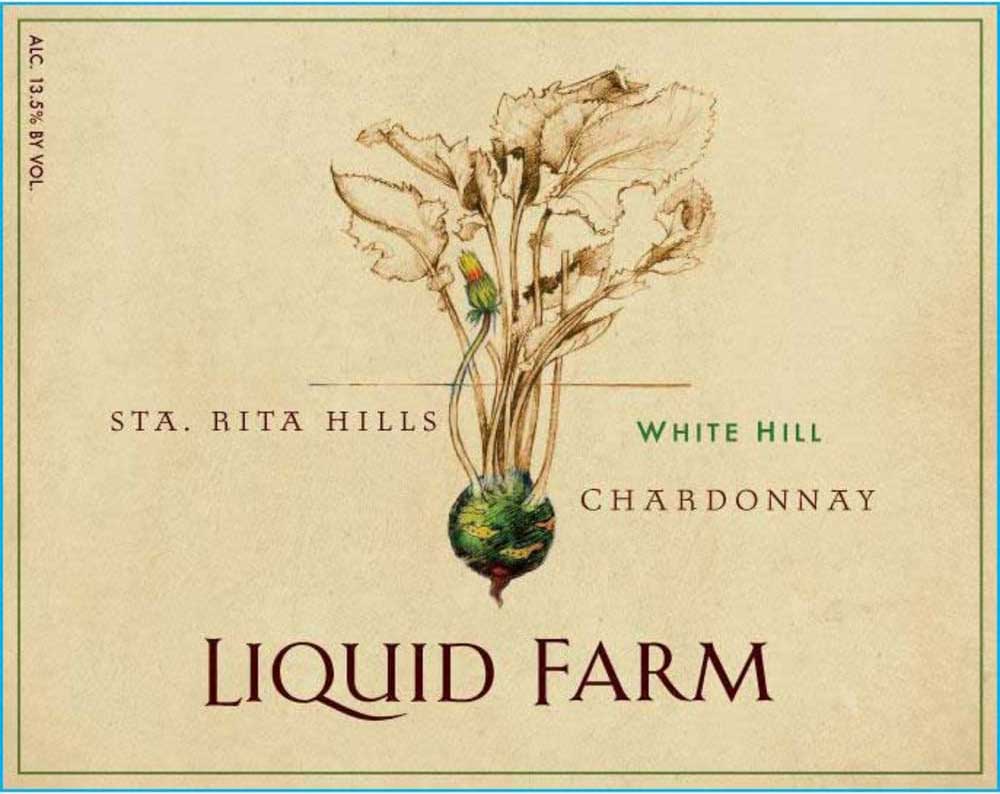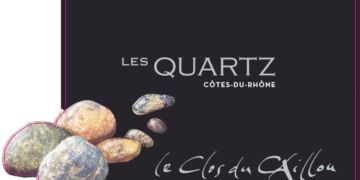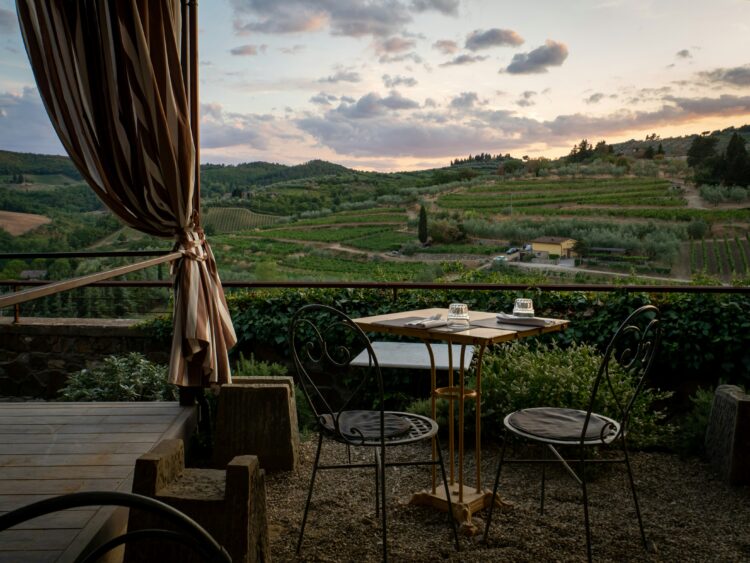The Italian wine industry is experiencing a challenging period, with even the larger producers facing significant hurdles. This summer’s difficulties extend beyond just the hot weather impacting the 2024 vintage; structural issues are putting immense pressure on the sector, particularly on cooperative giants like Moncaro in Marche and Cantine Europa in Sicily. The implications of these struggles are far-reaching, threatening the commercial future and international reputation of renowned Italian wines such as Verdicchio dei Castelli di Jesi and Grillo.
Moncaro’s Troubles in Marche
Terre Cortesi-Moncaro, established in 1964 in the heart of the Verdicchio dei Castelli di Jesi region, is currently in a precarious position. As the largest winery in the Marche region, it produces about one in every four bottles of Verdicchio and exports 40% of its 10 million bottles annually. However, the cooperative is grappling with €25 million in debt, leading to unpaid wages for its 58 employees and significant operational challenges.
Several factors have contributed to Moncaro’s crisis, including soaring production costs driven by high energy and glass prices and a severe drop in grape yields due to downy mildew in 2023. Additionally, recent investments, such as the controversial acquisition of Villa Medoro winery in Abruzzo, have strained the cooperative’s finances.
In response, Moncaro is now under judicial supervision, with efforts being made to resolve disputes with creditors and stabilize operations. The Marche Institute for the Protection of Wines has initiated bulk storage of Verdicchio to manage market uncertainty, a move that highlights the potential risks to the region’s wine industry if Moncaro’s situation worsens.
Struggles in Sicily with Cantine Europa
In Sicily, Cantine Europa, a leading cooperative known for producing wines based on the Grillo grape, is also facing severe difficulties. The cooperative recently saw its leadership replaced amid financial turmoil, and Colomba Bianca, another cooperative, has stepped in to assist.
The immediate goals include completing the 2024 harvest and maintaining operations at Cantine Europa’s facilities, which support 1500 grower-members and cover 6000 hectares of vineyards. Despite these efforts, the 2024 harvest is expected to be challenging due to a record drought affecting the region, further complicating the cooperative’s recovery.
Colomba Bianca’s intervention aims to secure the continuity of Cantine Europa’s workforce and operations, but the underlying issues in Sicily’s wine sector remain unresolved. The region, much like Marche, faces a difficult path ahead, with both short-term and long-term solutions needed to ensure the survival and prosperity of its wine industry.
A Sector in Need of Structural Reform
The struggles of Moncaro and Cantine Europa reflect broader structural deficiencies within the Italian wine industry. As these cooperatives work to stabilize their operations, the entire sector faces a pressing need for reform to address rising costs, environmental challenges, and market volatility. Without decisive action, the future of some of Italy’s most cherished wine appellations could be at risk.





















































